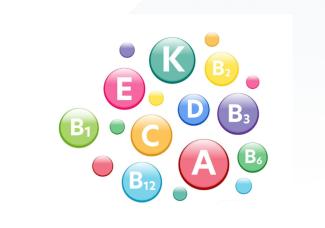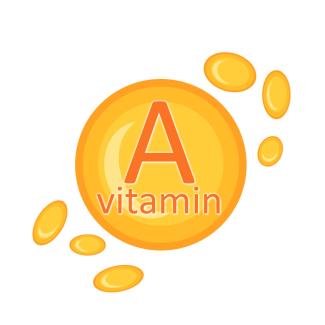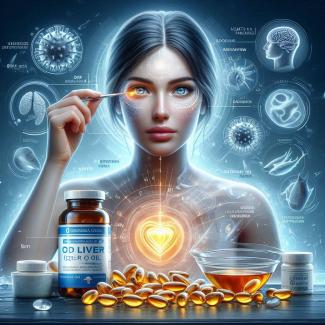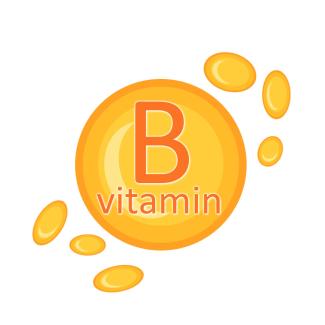
Retinol is a form of vitamin A that plays a crucial role in several aspects of human health. It has various effects and benefits on the skin, eyes, immune system, and growth and development. Here is a detailed overview of the effects of retinol:
- Skin:
- Retinol is well-known for its benefits to the skin. It acts as an antioxidant, protecting the skin from damage caused by free radicals from UV rays and pollution.
- It promotes collagen production, reducing the appearance of wrinkles, improving skin elasticity, and overall skin texture.
- Retinol helps reduce acne and acne scars by reducing inflammation and clearing pores.
- It improves skin texture and reduces hyperpigmentation and age spots.
- Eyes:
- Vitamin A, which retinol is converted to in the body, is essential for maintaining healthy eyes.
- It helps in preserving vision and is used to treat night blindness and other vitamin A deficiency-related eye conditions.
- Immune System:
- Retinol plays a crucial role in immune system function. It aids in the production of white blood cells, which are essential for fighting infections.
- It contributes to the development and maintenance of healthy mucous membranes in the body, which are crucial for protection against infections.
- Growth and Development:
- Vitamin A is vital for growth and development of the body, especially in children. It helps in the development of bones, teeth, skin, and mucous membranes.
- It is also crucial for fetal development during pregnancy, particularly for the development of the eyes and nervous system of the developing fetus.
Why is retinol good for the human body?
Retinol is essential for the human body because of its role in maintaining healthy skin, vision, the immune system, and growth and development. Vitamin A, which is converted from retinol, is vital for various bodily functions. Deficiency of vitamin A can lead to a range of health problems, including dry skin, impaired vision, weakened immunity, and other deficiencies. However, it's essential to consume retinol in moderation because excessive vitamin A intake can lead to toxicity. It is advisable to consult with a nutrition expert or a physician before taking high-dose vitamin A supplements.
In summary, retinol is good for the human body due to its multifaceted benefits, but it should be obtained through a balanced diet whenever possible, and excessive supplementation should be avoided without proper guidance from a healthcare professional.
How to get retinol?
Retinol can be obtained through various sources, primarily through dietary intake and supplements. Here are some ways to get retinol:
- Diet:
- The richest natural sources of retinol are animal-based foods. Organ meats, such as beef liver, are exceptionally high in retinol.
- Dairy products like milk, cheese, and butter contain some retinol.
- Fish liver oils, particularly cod liver oil, are good sources of retinol.
- Eggs also contain small amounts of retinol.
- Vegetables:
- Beta-carotene, which can be found in certain plant-based foods, is a precursor to vitamin A. When consumed, beta-carotene can be converted to retinol in the body.
- Foods rich in beta-carotene include carrots, sweet potatoes, squash, spinach, broccoli, mangoes, apricots, and bell peppers.
- Supplements:
- Retinol is available in the form of dietary supplements, which can be purchased over the counter.
- Before taking high-dose retinol supplements, it's important to consult with a healthcare professional because excessive vitamin A intake can lead to toxicity.
- Cosmetics:
- Retinol is commonly used in cosmetic products for skin care, such as creams, serums, and lotions, to reduce wrinkles and improve skin appearance.
- These products typically contain lower concentrations of retinol compared to dietary supplements and are applied directly to the skin.
It's essential to maintain a balanced diet to ensure adequate intake of retinol and other essential nutrients. If you have concerns about your diet or need higher levels of vitamin A for any reason, it's advisable to consult with a nutrition expert or physician to determine the best way to obtain retinol safely and effectively. Excessive intake of retinol should be avoided, as it can have adverse health effects.






